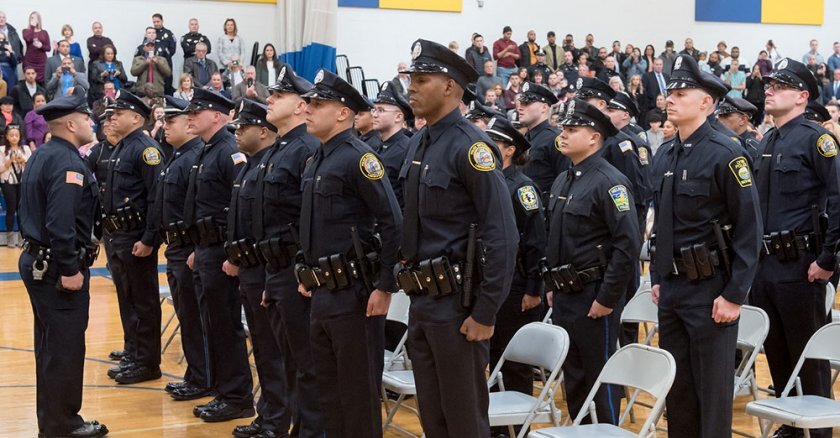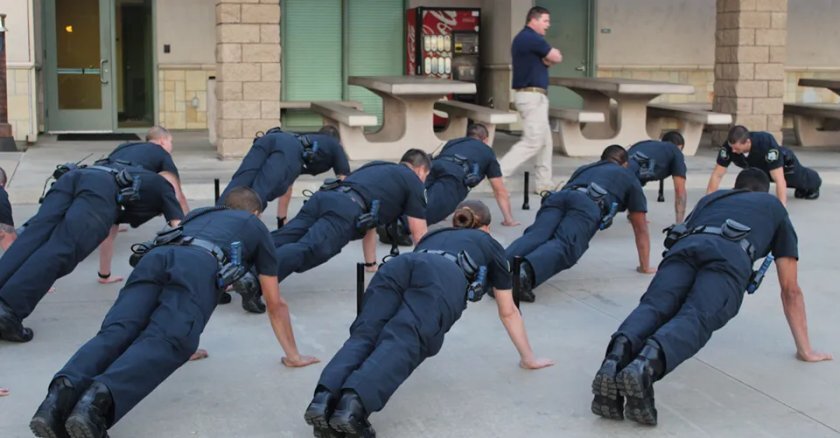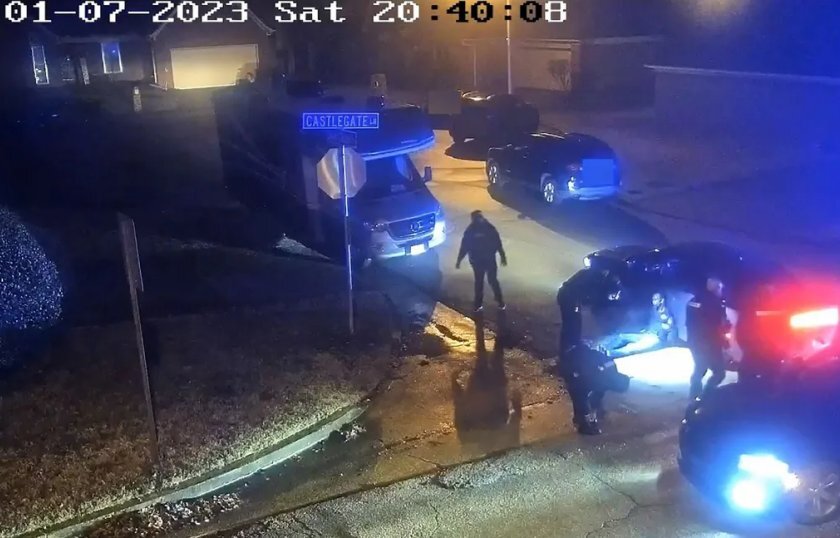Many opponents of police reform even go so far as to say that policing does not need fundamental change. They argue that the culprit is the poor training officers receive. I recognize that the system of policing is broken and needs radical transformation. Proponents of police reform are just as supportive of better training as opponents are. And community colleges are ideally situated to provide the kind of training that can transform policing for the better.
As a former community college president who had oversight of a Georgia Peace Officer Standards and Training Council (POST)-certified police academy at my college, I have experiences and insights that might offer a useful perspective. I was not directly responsible for teaching or developing curriculum, but I did have final sign-off on all academic and training programs at the college. I made sure we exceeded the Georgia POST requirements so our academy would maintain certification. But beyond that, in terms of community policing, I wanted to foster among our staff and students a better understanding of the delicate balance between the police as guardians and as warriors.
I also was mindful of the fact that I was one of only a handful of college presidents of color with a fully accredited police academy under my authority. This fact strengthened my belief that I had a moral obligation to at least try to improve police training. If I was successful, perhaps it would save the lives of more Americans in deadly encounters with the police, especially young Black and brown men and women who are most likely to die in those interactions.
My first challenge was to get the director of the academy and my instructors to accept the premise that our curriculum could be enriched by placing a greater emphasis on community policing. Getting them on board was not an easy task. But after I helped them unpack their mistaken rationalizations — such as that by placing more emphasis on community policing the academy could lose its accreditation — their opposition lessened. Then I had to address the many excuses that they couldn’t recruit or hire a diverse faculty who cared about or had expertise in community policing. Finally, it dawned on me that my best argument might be an economic one: I convinced them that by developing competence in this area, they might find a new source of revenue because in addition to training our cadets we could train sworn officers from around our region. Once they realized they could bring in income that would remain in their budgets, they came on board.
My staff worked hard to get the program off the ground, starting with a four-day workshop. The workshop, in addition to classroom training, encompassed the expertise of current and former experts in community and guardian approaches to policing. We also invited professional police organizations like the National Organization of Black Law Enforcement Executives, along with community leaders from organizations like the NAACP and the Urban League, to help deliver the message. Finally, we enlisted the support of minority district attorneys, public safety commissioners and retired police officers with interest and expertise in community policing.
The workshop culminated in a closing plenary where community leaders and police officers engaged in open (and often heated) dialog on the correct solutions to the problems of policing and community relations. Participants made recommendations like having more officers reside in or near the communities where they patrolled and having a civilian police force to handle minor traffic and other small offenses. Workshop proceedings and recommendations were sent to public officials in the jurisdictions the attendees were from, and I hoped attendees would also take back what they learned and press for changes on their home fronts.

(Northern Essex Community College)
As Georgia and at least 19 other states have passed or intend to pass legislation that essentially bans the teaching of Black studies, I imagine the benefits to all police offers if they had to take courses in African American studies and learn about the historical and sociological experiences of the people they come into frequent contact with.
There are cost benefits to be realized from the town/gown partnerships. It’s expensive for a local government to run its own police academy, but because community colleges have great facilities that are already paid for, the costs for them are much less than they would be for municipalities. In addition, many community colleges are located in suburban and rural areas with ample acreage for future expansion. My campus in Newton County, for example, was built in a heavily forested area, and we were able to expand our public safety training facility to better accommodate the needs of emergency management, fire and police. It would have been a waste of public tax dollars for Covington, the seat of the county where our college is located, to have built a competitive facility in the same area.
Public officials like to boast about the benefits of intergovernmental collaboration. There is no better example of how this can work for the good of police and communities than when colleges and local governments work hand in glove to make 21st-century policing a reality.
Governing's opinion columns reflect the views of their authors and not necessarily those of Governing's editors or management.
Related Content














